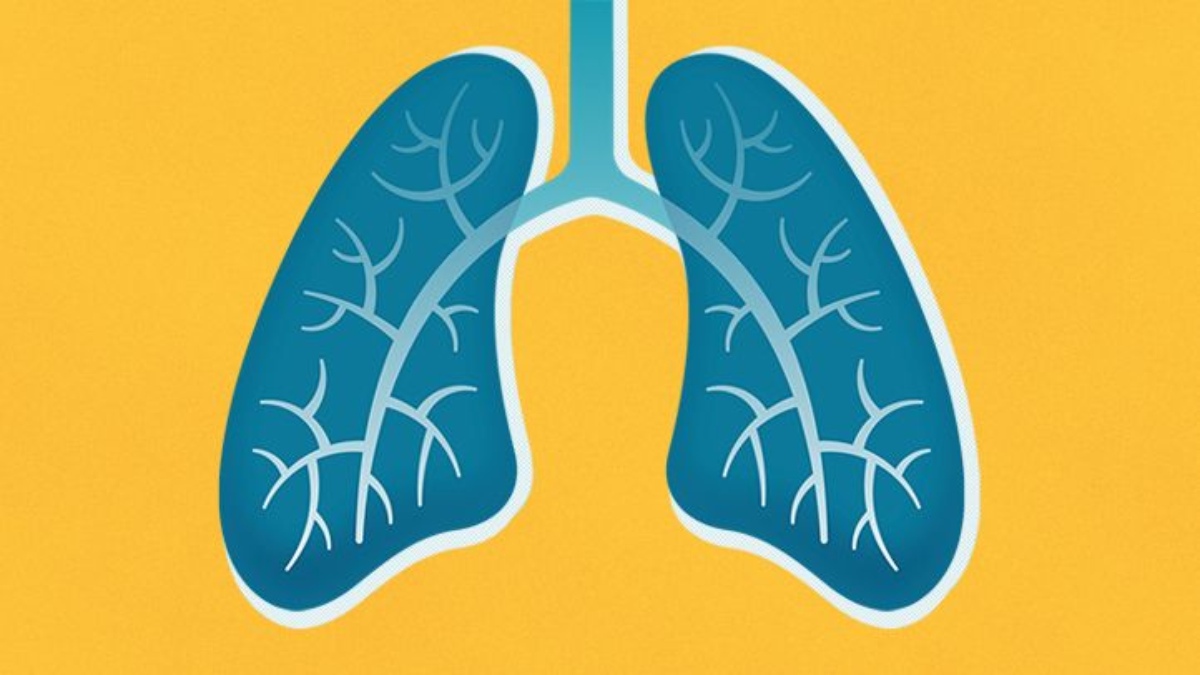


It’s again that time of the year when people used to wear masks even before corona was a threat. As air pollution levels rise in North India due to farm stubble burning, people are expected to extra care of them especially when you have any existing pulmonary disorder. Since Diwali is around the corner and since we all know, Diwali is one of the most extensively observed festivals in India and is celebrated by Lighting Diya’s and Lamps, making rangolis and eating great food! Around Diwali, there is a Surge in Air pollution levels also leading to an increase in respiratory disease and more hospital visits and admissions. Patients usually visit with complaints of severe respiratory ailments during the Diwali festival and the cases have been increasing for the last five years. These include asthma, RADS, and exacerbations of chronic lung disorders, all associated with breathing in polluted and toxic air.
The problem of pollution is because of the effects of fireworks on Diwali. It is more severe in cities as the growing number of vehicles adds to the problem. Air quality takes a deep fall as the problem gets multiplied. Depending on the size of these particles, they cause a variety of illnesses ranging from mild temporary irritation to serious chronic diseases such as cancer.
Lighting firecrackers at Diwali also cause a serious health hazard which may lead to high production of PM (Particulate matters) which can result in both short and long term side effect such as Coughing wheezing, Shortness of breath, exacerbation of preexisting diseases like Asthma and COPD.
So to protect the lungs during Diwali:
1) Avoid lighting candles and diyas indoor, use LED lights. Don’t open the window and doors to avoid pollutants entering the house.
2) Avoid stepping out of the house, if you have to go then do wear N95, N99, N100 masks as they are highly efficient in filtering out the tiny particulate matters from Air.
3) Eat healthily and consume food loaded with antioxidants and Vitamin C rich food, Vitamin E, Vitamin D, and Omega 3 fatty acids as they may help neutralise the effect of pollutants in the body by reducing the oxidative spree.
4) People with preexisting respiratory conditions must keep their emergency medicines, Nebulisers and other things ready at all times and must take medicines regularly
5) Wear thick cotton cloths as they protect your body from pollutants.
After the Diwali period, we usually witness a surge in the number of people with complaints of irritation in the eyes and throat, dry cough and fever. While last year smog also remained in the atmosphere and many people who normally remain healthy, also experienced irritation in the eyes and chest and a general feeling of suffocation. So be very cautious while celebrating the festival this year as many of our near and dear ones have gone through a lot during this pandemic.
The writer is Pulmonologist, Sri Balaji Action Medical Institute.